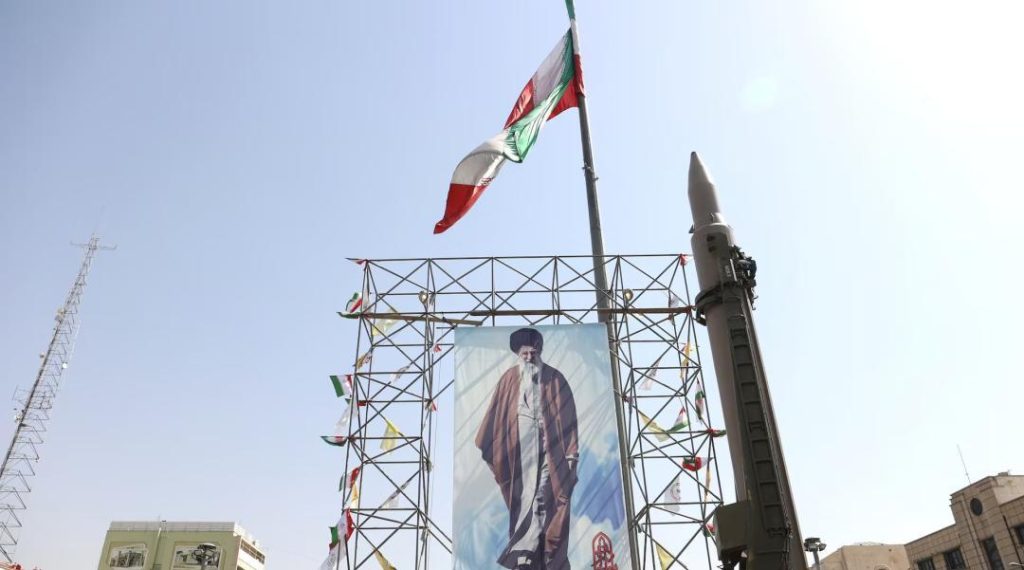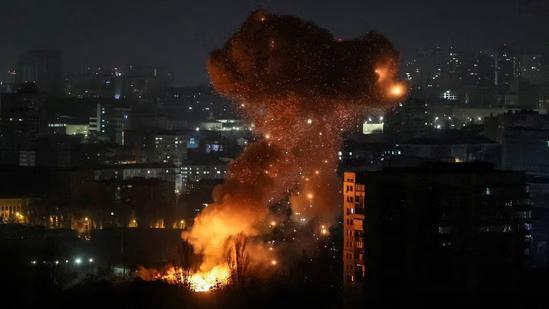
Iran without internet for over 60 hours
In a move that has left the international community concerned, Iran has been without internet for over 60 hours, according to reports from cybersecurity watchdog NetBlocks. The shutdown, which was announced by the Iranian government, has had a significant impact on the Iranian public’s ability to express political viewpoints and follow safety alerts amid airstrikes.
The news comes as Iran and Israel continue to engage in a conflict that has seen a surge in airstrikes and military operations. The internet shutdown has not only affected the Iranian public’s ability to access information but also disrupted the flow of communication and social media platforms.
According to NetBlocks, the internet blackout began on May 10 and continued until May 12, with the organization reporting that it had been monitoring the situation closely. The shutdown affected not only fixed-line internet connections but also mobile networks, making it difficult for people to access the internet or communicate with each other.
The impact of the internet shutdown has been far-reaching, with many Iranians finding it difficult to access essential services such as banking, healthcare, and education. The shutdown has also had a significant impact on the country’s economy, with many businesses forced to close or operate at reduced capacity.
The Iranian government has not provided a clear reason for the internet shutdown, but it is believed to be an attempt to limit the spread of information and prevent the public from accessing information that could be used to coordinate protests or other forms of dissent.
The shutdown has also had a significant impact on social media platforms, with many users reporting that they were unable to access WhatsApp, Instagram, and other popular platforms. The blocking of these platforms has made it difficult for people to communicate with each other or access information about the conflict.
The internet shutdown has also raised concerns about the safety and well-being of those living in Iran. With many people unable to access information about the conflict or communicate with each other, there are fears that the situation could become more volatile.
The international community has been quick to condemn the internet shutdown, with many organizations and governments calling for the Iranian government to restore internet access. The United Nations has also called for the shutdown to be lifted, citing concerns about the impact it could have on human rights and the ability of people to access information.
The internet shutdown in Iran is just the latest in a long line of similar incidents around the world. In recent years, there have been a number of instances where governments have shut down the internet to prevent the spread of information or to quell dissent.
In some cases, the shutdowns have been targeted at specific groups or communities, while in others they have been more widespread. Regardless of the motivation, the impact of these shutdowns can be significant, making it difficult for people to access information, communicate with each other, and exercise their fundamental human rights.
In conclusion, the internet shutdown in Iran is a serious concern that highlights the importance of internet access and the need for governments to prioritize the rights of their citizens. As the international community continues to monitor the situation, it is clear that the shutdown has had a significant impact on the Iranian public’s ability to access information and communicate with each other.






